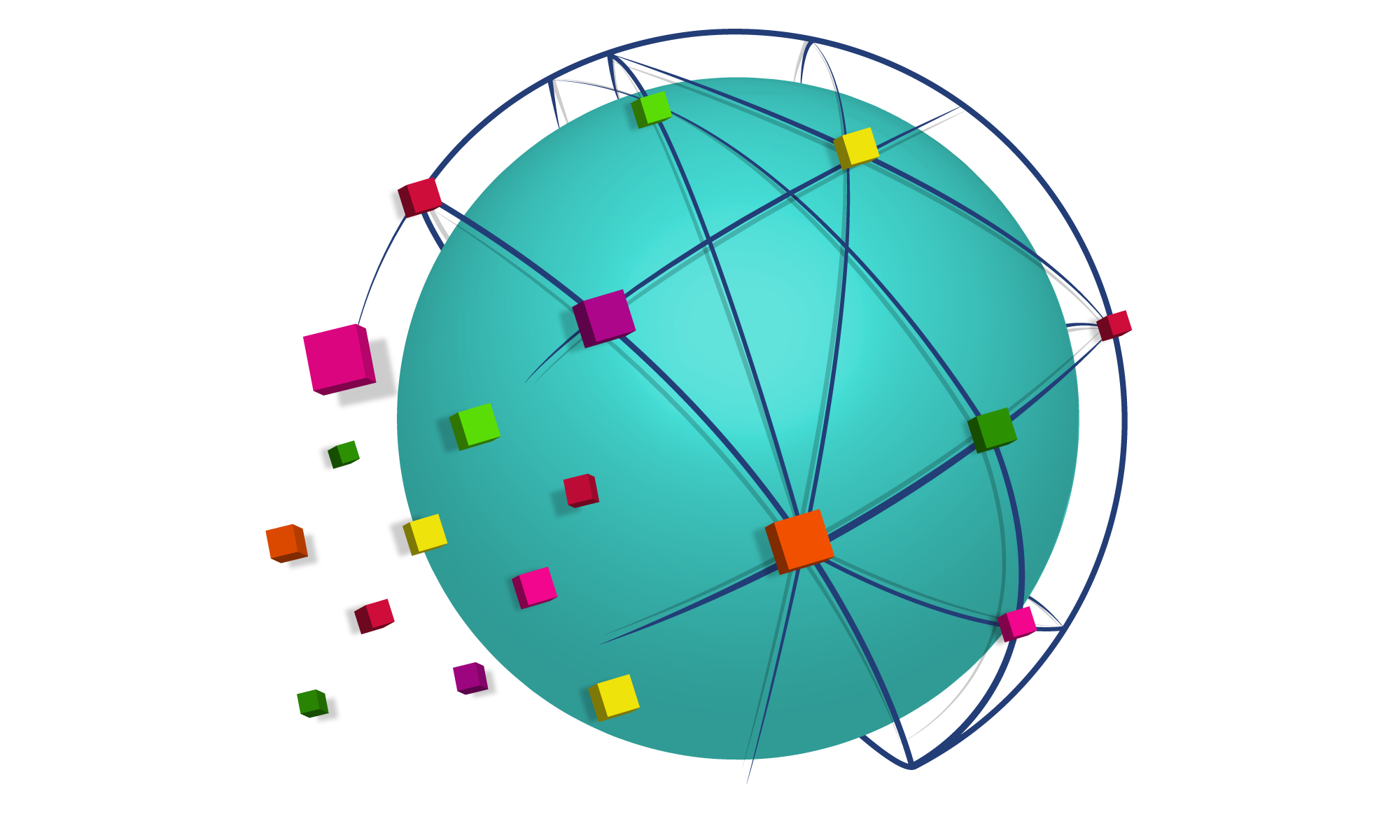I have used the following three quotations in a previous newsletter, they fit well with what I am doing now, and I will use them to help guide me as I deal with the health problems discussed in this newsletter.
“It is not the strongest of the species that survive, nor the most intelligent, but the one most responsive to change.” (Charles Darwin; English scientist and naturalist; 1809-1882.)
“Any genuine teaching will result, if successful, in someone’s knowing how to bring about a better condition of things than existed earlier.” (John Dewey; American philosopher, psychologist, and educational reformer; 1859-1952.)
“The aim [of education] must be the training of independently acting and thinking individuals who, however, can see in the service to the community their highest life achievement.” (Albert Einstein; German-born theoretical physicist and 1921 Nobel Prize winner; 1879-1955.)
In this very short newsletter I need to share some information about my newly developed health issues I am having. On Saturday morning, June 7, I was seated at my computer and I fainted. The emergency room people at the hospital ran lots of different tests on me. Unexpectedly, one of the tests identified cancer in my lungs, spine, and ribs.
A quick ambulance trip to the excellent Riverbend Hospital in the Eugene-Springfield are got me into bed there by about midnight. Innumerable tests over the next several days and a major four-hour operation on my spine relieved the immediate problems. I received excellent care for eight days and was happy to return home to my beachfront condo in Florence on June 13th. It’s great to be looking at the ocean as I dictate this newsletter.
The details of my cancer treatment remain to be decided. However, this is not something that they can cure. So, I am rethinking what I want to do during my remaining time. I will continue to write and spread the word on what I believe needs to be done to make more effective use of AI-based computer systems combined with other approaches to improve education in both the United States and the rest of the world.
I also am working on projects designed to improve the quality of life of homeless students, including those who are “couch-surfing” with friends or living in their cars. This often involves working with a parent or parents who have a combination of homelessness and joblessness. A good recent example is a single mom with two school-age children that we were able to help this spring through our Safe Shelter for Siuslaw Students nonprofit organization that my partner Ann Lathrop and I started here in Florence three years ago.
From you and my other readers, I would most appreciate your help in publicizing my ideas about using AI-based computer systems to improve education. How about helping to bring my latest free book, The Future of AI in Our Schools, that is mentioned at the beginning of this newsletter to the attention of hundreds of thousands of educators, parents, and others who are interested in education? Hearing news about progress in that endeavor certainly will help me to feel better.
Many thanks,
Dave Moursund
David Moursund is an Emeritus Professor of Education at the University of Oregon, and editor of the IAE Newsletter. His professional career includes founding the International Society for Technology in Education (ISTE) in 1979, serving as ISTE’s executive officer for 19 years, and establishing ISTE’s flagship publication, Learning and Leading with Technology (now published by ISTE as Empowered Learner). He was the major professor or co-major professor for 82 doctoral students. He has presented hundreds of professional talks and workshops. He has authored or coauthored more than 60 academic books and hundreds of articles.

